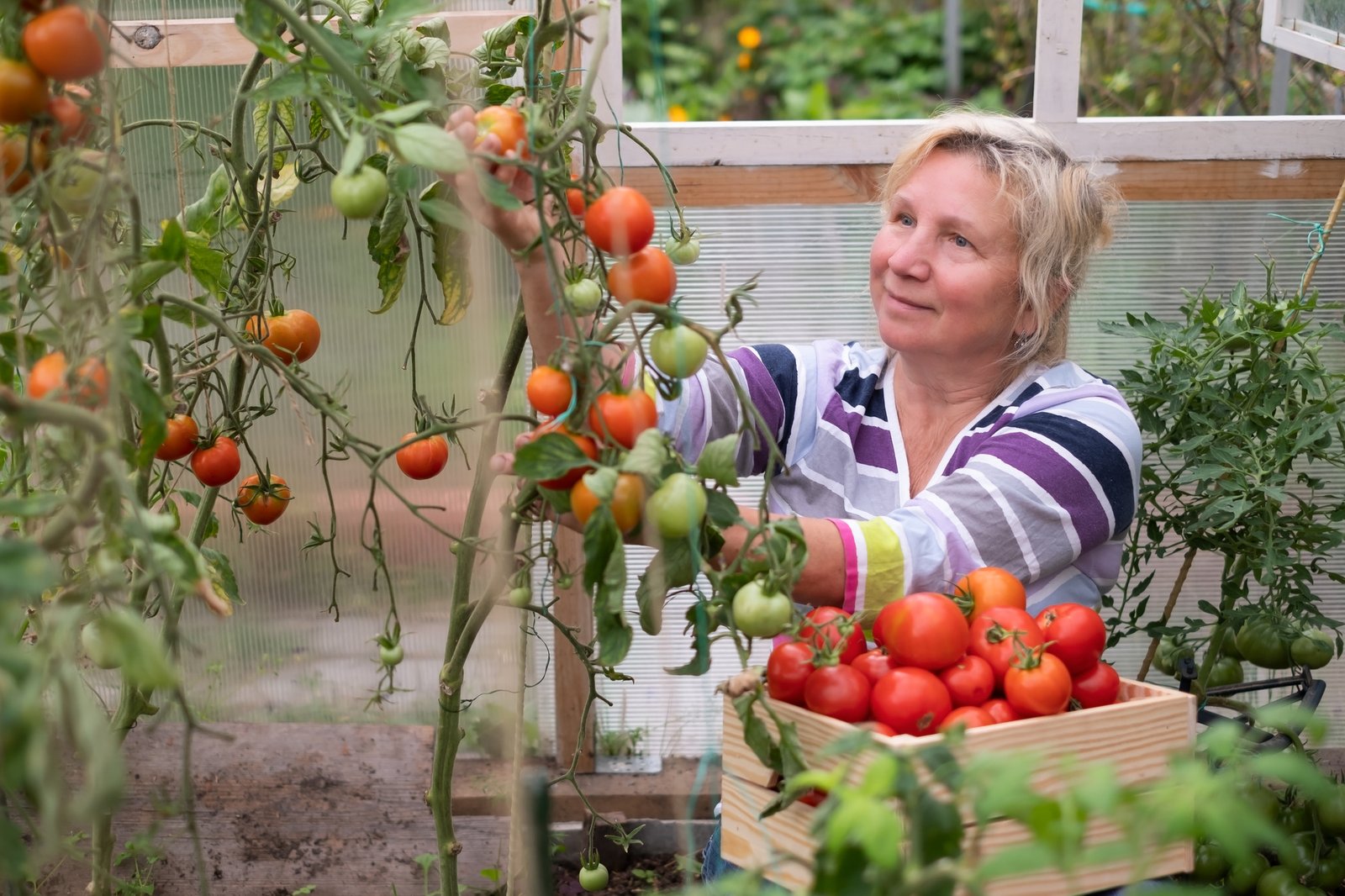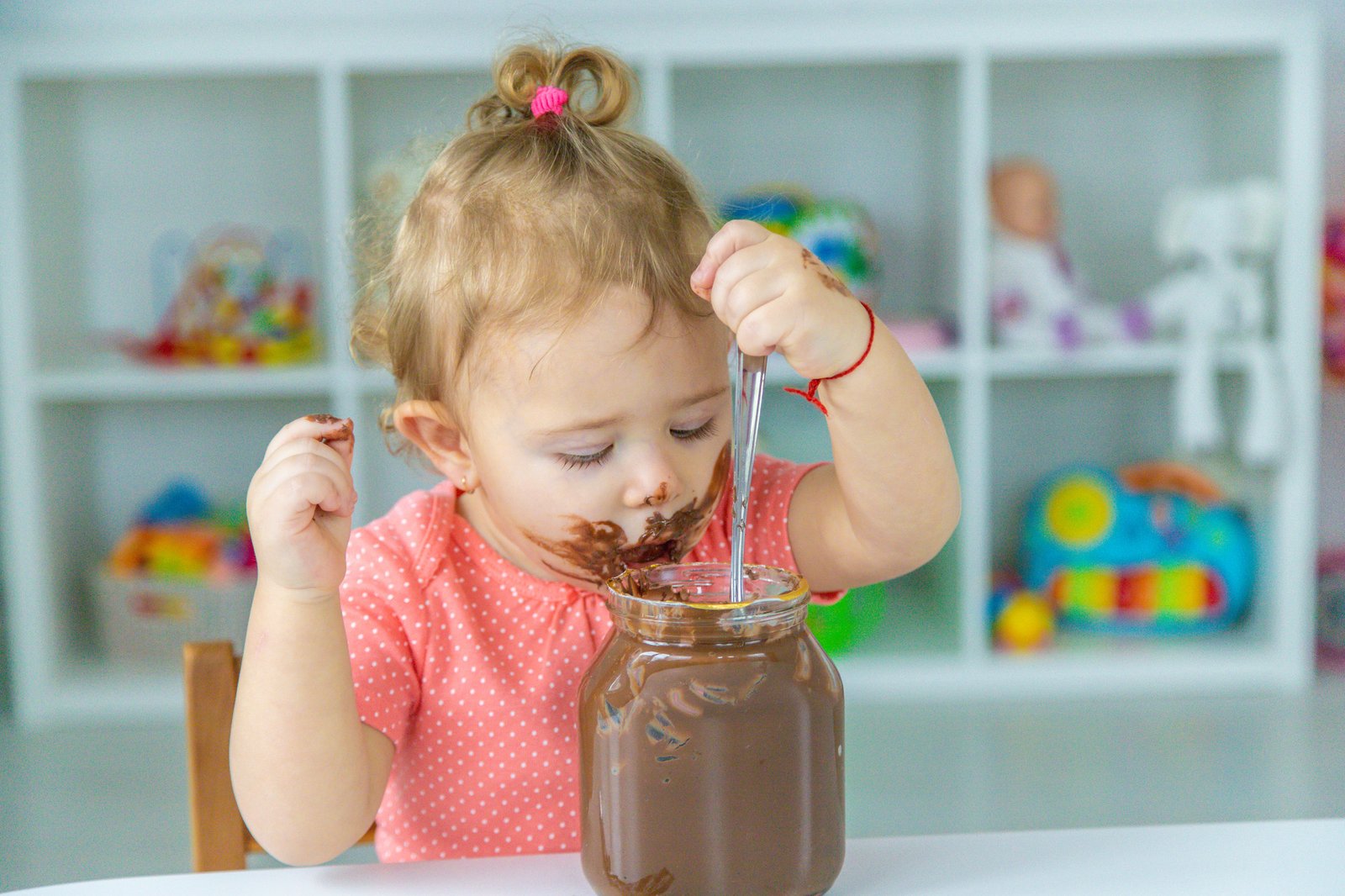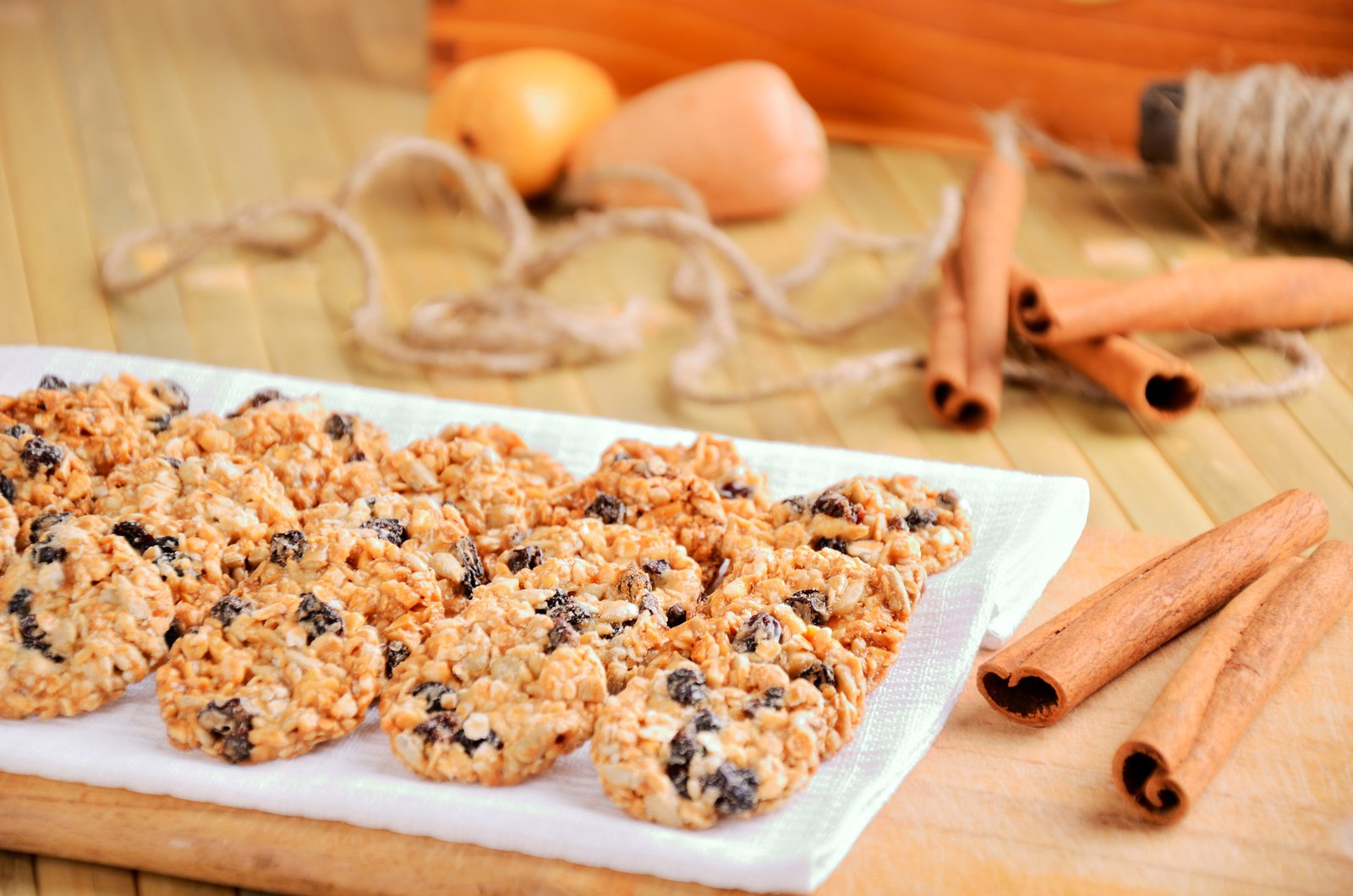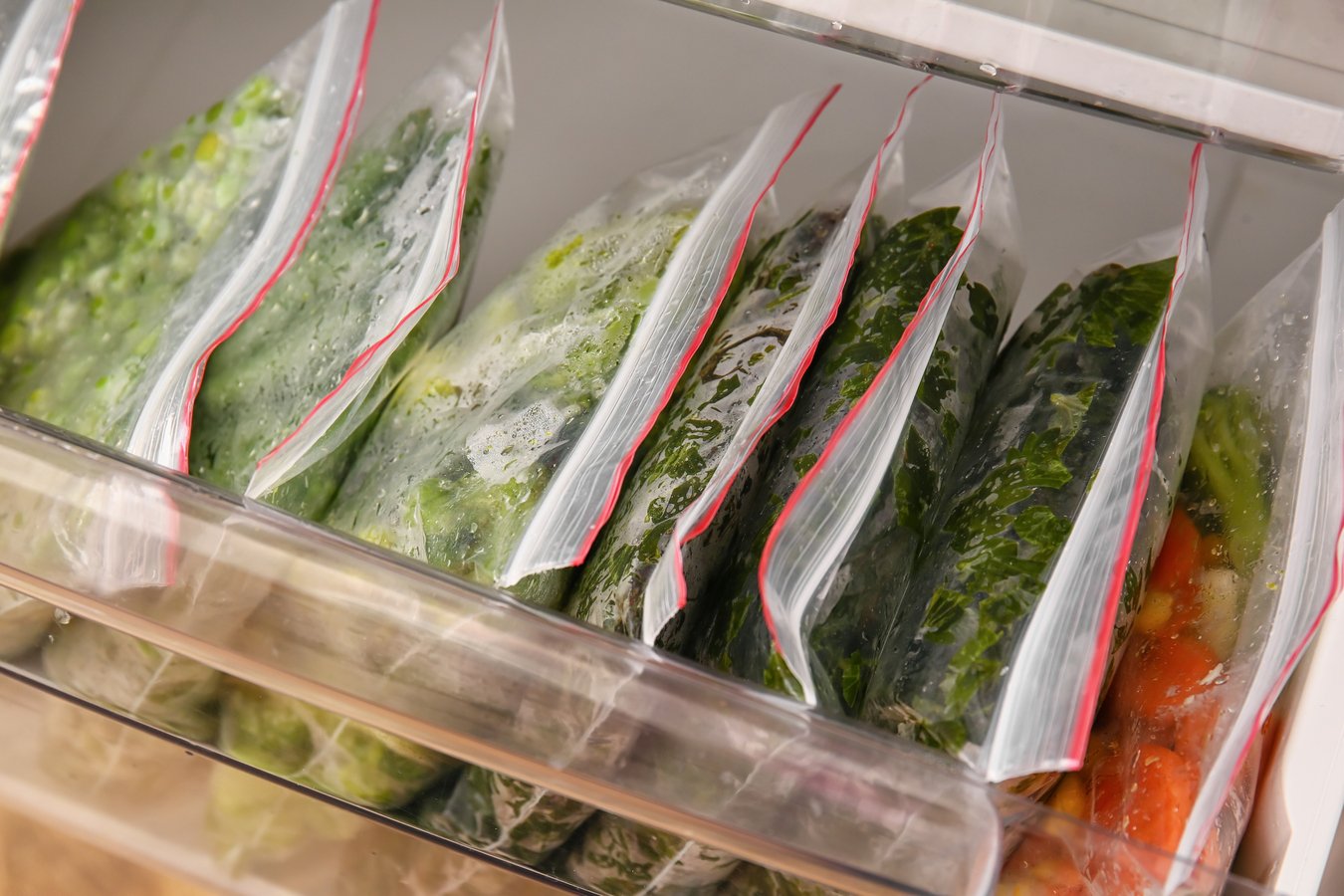In hot areas, food items, whether fresh vegetables, fruits, or dairy products, are at risk of deteriorating due to bacterial growth. Modern technology has given us refrigeration options to prolong the lifespan of farm produce, but did you know that not all food items need to be kept in a fridge?
When refrigerated, they can either become harmful to your health or spoil quickly instead of remaining fresh. Here is a list of food items commonly kept in refrigerators by households; however, refrigerating these items would not be a good idea.
Potatoes

Potatoes have good nutritional value and contain minerals and vitamin C. Keeping potatoes in the fridge will increase the unpleasant sweet taste while cooking and darkening their color. Storing potatoes in a refrigerator will also decrease their lifespan.
However, keeping potatoes in the pantry will make them last between one to two months, resulting in better taste and texture. Cool and dark places such as a pantry cellar or a room with no heat source are great for storing potatoes.
Tomatoes

Tomatoes are used in sauces, soups, salads, pizzas, and various other food recipes, providing a unique taste to every dish. The best way to store tomatoes is to keep them at room temperature. Avoid refrigerating tomatoes as they can affect their flavor and juiciness. Store them in the pantry away from direct sunlight.
Honey

Honey has multiple health benefits, such as being antidiabetic, antidepressant, and aiding gastrointestinal health. Keeping honey in a refrigerator will change its texture to thick and grainy. Ideally, honey should be stored at room temperature, away from stoves and other kitchen appliances that generate heat.
Coffee

Almost every household drinks coffee regularly as it can increase focus and boost energy levels. Storing coffee in the refrigerator is not a good idea as it can absorb moisture from the air, affecting its flavor and reducing lifespan. The better way to store coffee is in an airtight container at room temperature.
Peeled Onions

Onion is known for its antioxidant, anti-cancer, and antibacterial compounds. Storing peeled or chopped onions in the refrigerator can be harmful as bacteria and pathogens can contaminate them, leading to health issues. The right way to store onions in a refrigerator is by wrapping chopped or peeled onions in a dry paper towel, reducing the risks of exposure to moisture in the air.
Chocolate

Chocolate is the best food to satisfy a craving. However, avoid storing chocolates in the refrigerator as the flavor will change. Chocolate quickly absorbs the scents from items kept near it, which may harm its taste and flavor. It’s wise to store chocolate in a cool, dry place away from sunlight to maintain its taste and quality.
Nuts

Cashews, peanuts, pistachios, almonds, and walnuts have high nutritional value and provide vitamins C and B. The cold temperature of the refrigerator affects the natural sweetness and taste of dried fruits, potentially altering their flavors. Keeping dried fruits in the refrigerator can cause them to become hard, making them difficult to chew and eat. Storing them in the fridge can also introduce moisture, leading to the growth of fungus, which, if consumed, can affect your health.
Garlic

Garlic is the best food item that kills harmful bacteria, parasites, and fungi in our bodies..Storing garlic in the fridge can cause it to lose its flavor and become moldy.. Moreover, garlic can become rubbery due to the humidity in the refrigerator, resulting in bitter taste.
It’s wise to store garlic in a cool, dry place with good air circulation, such as a pantry or a garlic keeper, to maintain its freshness and flavor for a more extended period. G
Bread

Bread is the most consumed food item in many countries, serving as an important source of nutrients like fiber and aiding in preventing indigestion and controlling blood sugar and cholesterol.
Storing bread in the fridge might seem logical to keep it fresh; however, it makes it go stale faster. The cold makes the starch in bread turn dry and tough. Instead, keep bread at room temperature in a bread box or a paper bag. Eat it within a few days for the best taste and texture.
Butter

Butter enhances the taste of food and provides good nutritional value. However, keeping butter in the refrigerator will harden it and make it difficult to spread. It can also absorb the odors of other foods kept in the refrigerator, reducing its taste. Butter’s lifespan is almost the same whether you store it in the fridge or at room temperature. Storing butter at room temperature makes it soft and spreadable, making it easier to use.
Cucumber

Cucumbers are best known for their hydration and detoxification properties. They help lower blood pressure and prevent constipation.Storing cucumbers in a refrigerator can cause water-soaked spots and loss of crispness due to chilling sensitivity. Keeping them in the refrigerator not only changes their texture but can also make them more rubbery. This affects their quality and taste, making them less enjoyable to eat. It would be logical to store them at room temperature away from direct sunlight and ethylene-producing fruits to keep them fresh.
Soy Sauce

Soy sauce is used in many food recipes to enhance taste and provide rich color.Keeping soy sauce in the refrigerator can cause it to spoil faster. It can also make the consistency of soy sauce thicker and dull its flavor, compromising its overall quality.It is recommended to store soy sauce at room temperature, away from sunlight and in a dry place.


